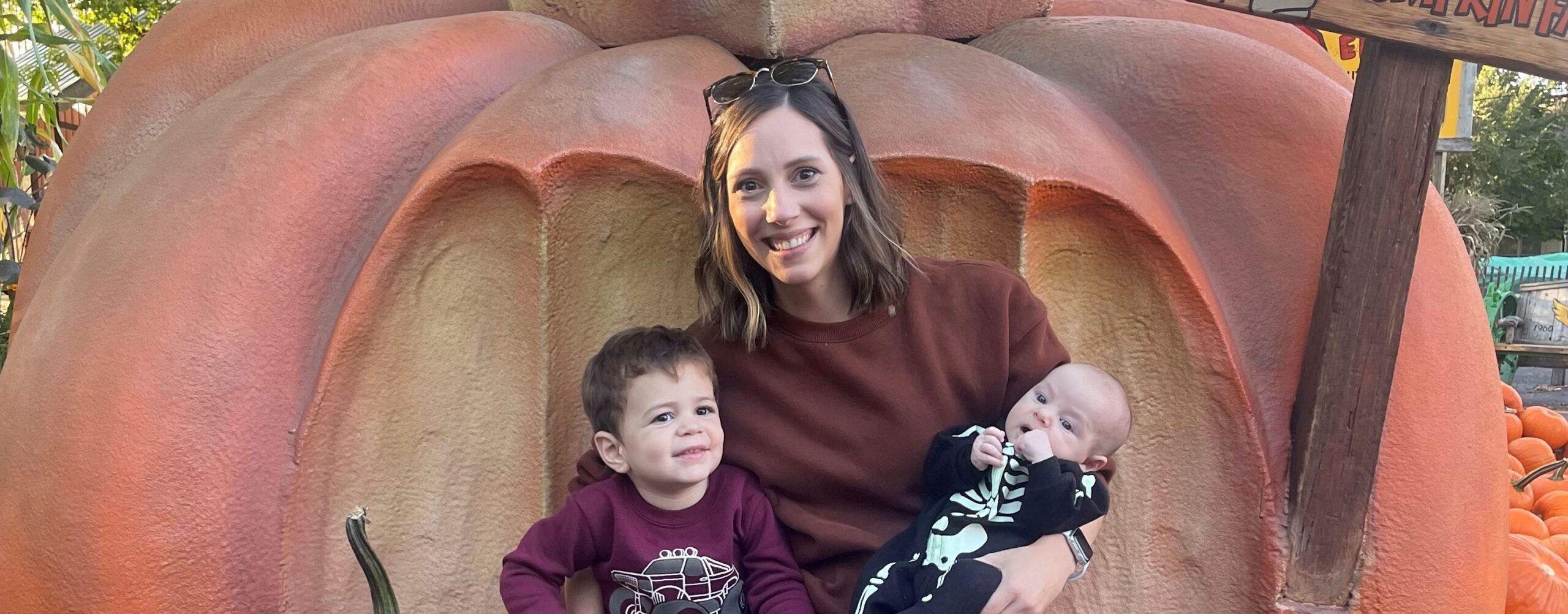Adding a new sibling to your family is an exciting milestone, but it can also bring about significant changes that affect every family member, particularly the older children. As a parent, it’s natural to be concerned about how your child will adjust to the new dynamic and how this change might impact their emotional well-being. Here at Ace Counseling, we understand the importance of nurturing your children’s mental health during life transitions. With some thoughtful planning and emotional support, you can help your child embrace their new role as an older sibling in a healthy, positive way.
1. Prepare Early and Involve Them in the Process
One of the best ways to ease your child into the idea of having a new sibling is by involving them early on in the process. Talk to them about the baby’s arrival in a way that matches their age and comprehension level. Allowing them to ask questions, express their feelings, and share their thoughts can help them feel more in control of the situation.
Mental Health Tip: Encourage open dialogue. Creating a safe space for your child to share concerns or excitement can prevent feelings of resentment or anxiety. Be patient and listen, validating their emotions without dismissing or minimizing them.
2. Normalize Mixed Emotions
It’s common for children to feel a mix of excitement, jealousy, and even fear when they find out they will be getting a new sibling. It’s important to let them know that these feelings are completely normal. Helping your child understand that they can love their sibling and still feel unsure about the change can reduce guilt or confusion.
Mental Health Tip: Use books or stories about sibling relationships to help them process their feelings. Relating to characters in similar situations can help children identify and express their emotions in a healthy way.
3. Set Expectations Gently
Help your child understand what life might look like with the new baby. Talk about the baby’s needs, such as crying, feeding, and sleeping, so your child can anticipate what’s coming. If they understand that the baby won’t be an immediate playmate, they might feel less frustrated or disappointed.
Mental Health Tip: Frame the change positively by discussing the new sibling’s development stages and how your child’s help as an older sibling will be valuable. This can build a sense of responsibility and pride rather than rivalry.
4. Make Time for One-on-One Attention
With a new baby, it’s easy to get caught up in the routine of feeding, changing, and soothing. However, older siblings still need individual attention and connection with you. Carving out one-on-one time, even if it’s just for 15 minutes a day, can help your child feel valued and secure, preventing feelings of neglect or abandonment.
Mental Health Tip: Establish a routine for special one-on-one time. This consistency gives your child something to look forward to, reinforcing their sense of security and importance in the family.
5. Validate Their Role as Older Sibling
Encourage your child’s involvement in caring for the baby in age-appropriate ways, such as helping with diaper changes or picking out the baby’s clothes. This can create a sense of contribution and bonding between siblings. However, it’s equally important to make sure they don’t feel overburdened by these responsibilities.
Mental Health Tip: Praise their efforts and point out positive moments between them and the new baby. Positive reinforcement strengthens their self-esteem and nurtures their bond with the new sibling.
6. Prepare for Possible Regression
It’s not uncommon for older children to regress when a new sibling arrives. They may revert to baby-like behaviors, such as wanting a pacifier again, wetting the bed, or seeking extra comfort. This is often their way of expressing their need for reassurance.
Mental Health Tip: Be patient with regressive behaviors and avoid punishment. Instead, provide additional comfort and reassurance. These behaviors are usually temporary and will subside once your child adjusts to the new normal.
7. Keep an Eye on Behavioral Changes
Every child adjusts differently to the arrival of a sibling, but if you notice significant changes in your child’s behavior—such as increased irritability, withdrawal, changes in appetite or sleep patterns—it may be a sign that they are struggling with the transition.
Mental Health Tip: If your child continues to show signs of emotional distress, consider seeking professional support. Child counseling can provide a safe space for them to process their feelings and develop coping strategies for the adjustment.
8. Foster a Positive Family Environment
Maintaining a calm and supportive household is crucial for helping your child feel secure during a time of change. Positive interactions between all family members, including parents, can set the tone for how your child will view their sibling and the transition.
Mental Health Tip: Model healthy ways to handle stress and change. Children often mimic their parents’ emotional reactions, so staying calm, reassuring, and positive will help your child feel the same.
Conclusion
Introducing a new sibling into the family is a major life change, but with intentional support and understanding, it can be a wonderful opportunity for growth, love, and bonding. By focusing on your child’s mental health and emotional needs, you can guide them through this transition and help them build a strong, healthy relationship with their new sibling. If you need further guidance or feel your child could benefit from additional support, Ace Counseling is here to help. Contact us for more information on how we can assist your family during this exciting time.



